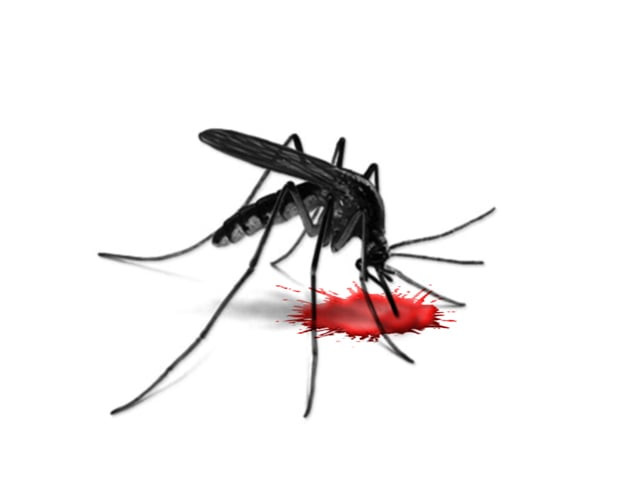Royal Palm, PHA blamed for dengue mosquitoes
District officials say lakes in golf club are city’s biggest mosquito breeding sites.

“The club’s four lakes are the best breeding place for dengue mosquitoes in town,” the official concerned said. He said that most reported dengue patients lived in Mughalpura, Harbanspura, Mustafabad and other areas near Royal Palm.
A report compiled by the executive district officer (health), the district officer (health) and the district officer (public health) also names Race Course Park as the second major source of dengue mosquitoes in Lahore, an official concerned said. It also criticises Parks and Horticulture Authority (PHA) vehicles for their method of watering plants in road medians.
The report also warns of the risk of malaria-carrying mosquitoes breeding at numerous garbage sites in the city. DCO Ahad Cheema was submitted the report a few days ago but has yet to take any action on it, the official added.
He said that the district health department had asked Royal Palm club authorities to drain the lakes. They had refused, he said, on the grounds that the lakes contained fish which would be killed if they were drained, and because members enjoyed sitting near the water.
Pervaiz Saeed, public relations officer for Royal Palm, dismissed the suggestion that the lakes were the biggest breeding ground for dengue mosquitoes. He said the lake water was changed every day. He said the lakes would not be drained.
The report says that a waterfall and small stream in Race Course Park are the second biggest breeding place for dengue mosquitoes and should be closed for now. PHA vehicles which watered plants on road medians were also aiding in the breeding of mosquitoes, it says.
The official said that the city’s garbage men had been on strike for four days and this had led to numerous piles of uncollected trash across the city. These sites were ideal for the breeding of malaria mosquitoes, he said.
But Waseem Ajmal, managing director of the Lahore Waste Management Company, denied that the city’s garbage men were on strike, saying 500 vehicles were operating all over the city removing 6,000 tons of waste every day. He admitted that the city’s 10,000 sanitary workers often went on strike.
He said that the district health department every year used waste management vehicles for the purpose of fumigation in the city, but this year he had refused to release his department’s vehicles and staff for this purpose.
A PHA spokesman said the authority had already adopted measures to minimise its use of water. He said that PHA vehicles used very little water to ensure that no pools of water were left standing on the roads.
New cases
According to the latest figures from the health department, another 101 dengue patients were admitted to the city’s hospitals in the last 24 hours, bringing the total number of documented cases in Lahore to 1,002 and the total number of cases in Punjab to 1,165.
Published in The Express Tribune, October 29th, 2010.


















COMMENTS
Comments are moderated and generally will be posted if they are on-topic and not abusive.
For more information, please see our Comments FAQ